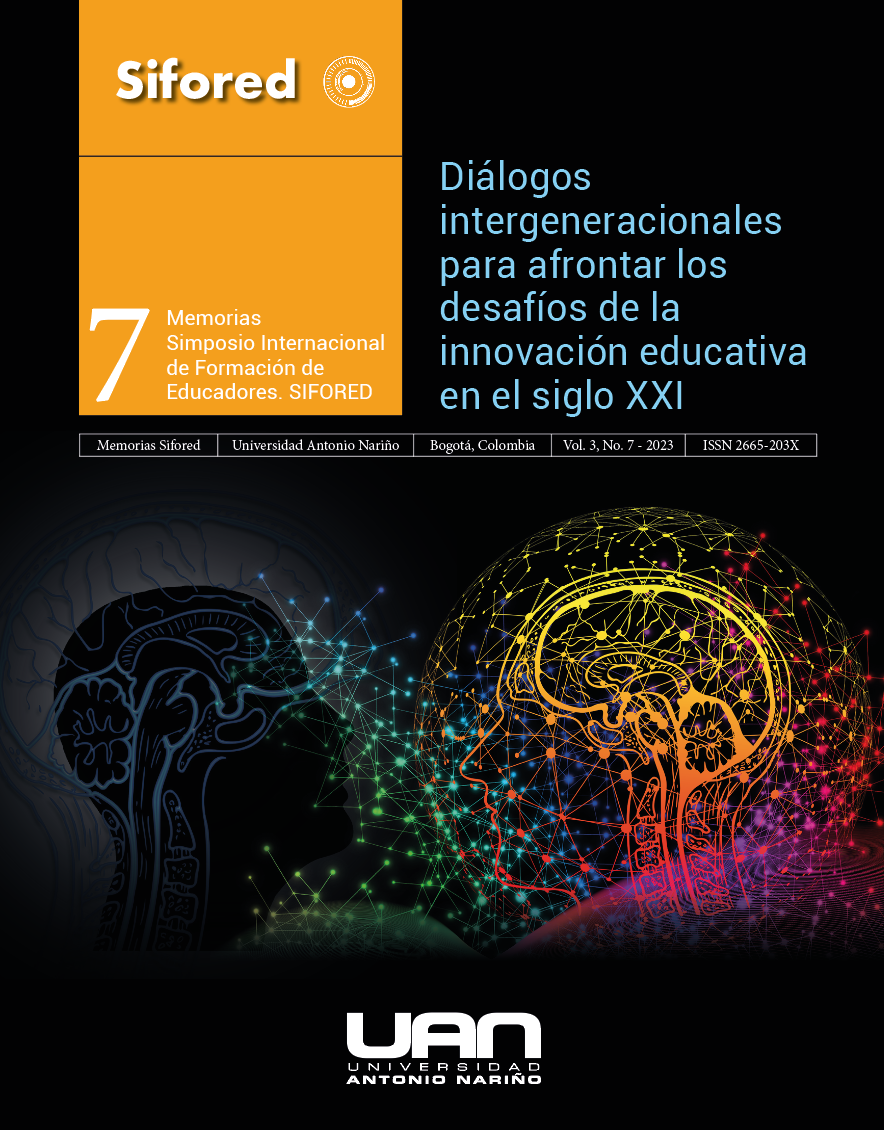El modelo B-learning para el fortalecimiento de la comprensión lectora en estudiantes de secundaria. Revisión bibliográfica
Keywords:
Educational innovation, B-learning, reading comprehension, motivationAbstract
This bibliographic review aims to know the impact of the B-learning model in strengthening reading comprehension in Spanish in secondary school students. Methodology: a bibliographic review was carried out from a search of documents through Google Scholar, the Scielo database, Redalyc, Scopus, Dialnet and the academic networks, ResearchGate and Academia. Results:17 research articles and 3 master's theses published in the period from 2019 to 2023 are analyzed, with 25% of the documents in English and the remaining 75% in Spanish. Methodological aspects such as the population under study, instruments used in research and the approach of the B-learning model are identified, which influence the strengthening of reading comprehension. Conclusions: it is evident that the implementation of the B-learning model has a positive impact on the processes of reading comprehension, since it is an innovative and flexible model, but there are also factors that affect the development of this modality, such as: the resources and technological tools used in the classroom.
Downloads
References
Al-Maroof, R., Al-Qaysi, N., Salloum, S. A., & Al-Emran, M. (2022). Blended Learning Acceptance: A Systematic Review of Information Systems Models. Technology, Knowledge and Learning, 27(3). https://doi.org/10.1007/s10758-021-09519-0
Delgado, M. D., Méndez, I., y Ruiz, C. (2020). Motivación hacia la lectura en el alumnado de Educación Infantil y Primaria. European Journal of Education and Psychology, 13(2). https://doi.org/10.30552/ejep.v13i2.359
López-Maldonado, N. E., y Valdés-Godínes, J. C. (2020). Utilidad y facilidad de uso percibida: desafíos tecnológicos en una modalidad b-learning. IE Revista de Investigación Educativa de La REDIECH, 11(0), e938. https://doi.org/10.33010/ie_rie_rediech.v11i0.938
OECD. (2021). Reading performance (PISA). OECD.
Pérez-Benítez, W. E., y Ricardo-Barreto, C. T. (2022). Factores que afectan la comprensión lectora de los estudiantes de educación básica y su relación con las TIC. Íkala, Revista de Lenguaje y Cultura, 27(2), 332–354. https://doi.org/10.17533/udea.ikala.v27n2a03
Quitián-Bernal, S. P., y González-Martínez, J. (2020). Aspectos pedagógicos para ambientes Blended-Learning. HAMUT’AY, 7(1). https://doi.org/10.21503/hamu.v7i1.1910
Quitián-Bernal, S. P., y González-Martínez, J. (2021). lectura digital en la modalidad blended-learning. Una perspectiva educativa. Colombian Applied Linguistics Journal, 24(1), 51–66. https://doi.org/10.14483/22487085.17681
Quitián-Bernal, S. P., y González-Martínez, J. (2022). Estrategias colaborativas para el diseño de ambientes blended learning en lectura. Enunciación, 27(2), 266–288. https://doi.org/10.14483/22486798.19998
Ramírez-Sosa, M. A., y Peña-Estrada, C. C. (2022). B-learning para Mejorar el Proceso de Enseñanza y Aprendizaje. Revista Tecnológica-Educativa Docentes 2.0, 15(2). https://doi.org/10.37843/rted.v15i2.309
Sánchez-Domínguez, M. G., y Izquierdo, J. (2021). Factores asociados al rendimiento de la comprensión lectora en estudiantes de secundaria. Diálogos Sobre Educación, 23. https://doi.org/10.32870/dse.v0i23.695
Soler-Morejón, C. de D., y Borjas-Borjas, F. (2020). Experiencias del b-learning en el curso “Pedagogía básica para la Educación Superior.” Educación Médica Superior, 34(4).
Xiao, J., & Jiang, Z. (2023). An M-Learning Model in the Context of the Blended Synchronous Learning Environment: A Pilot Study. International Journal of Mobile and Blended Learning, 15(2). https://doi.org/10.4018/IJMBL.318243
Downloads
Published
-
Abstract726
-
PDF (Español)249
How to Cite
Issue
Section
License

This work is licensed under a Creative Commons Attribution-NonCommercial-ShareAlike 4.0 International License.


 Portal de Ciencia Abierta
Portal de Ciencia Abierta